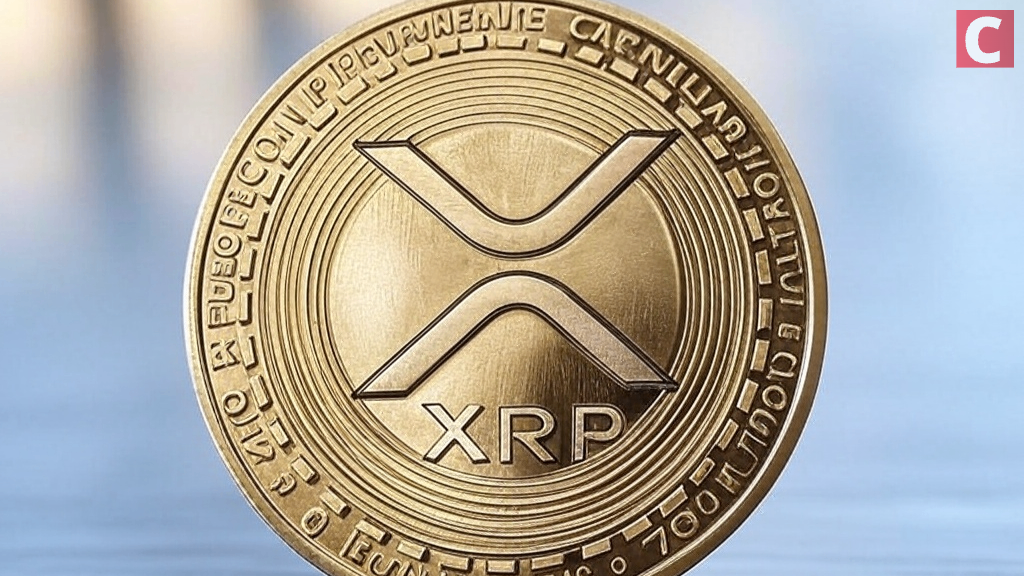
April 11th, 2025
Stay informed with the latest Arbitrum (ARB) news to find out why the layer-2 scaling solution for the Ethereum ecosystem is gaining impressive traction as it revolutionizes decentralized applications (dApps) by enabling faster transaction speeds and reduced costs. Through Arbitrum, dApp developers can create applications catering to many potential users, without worrying about scalability.

By design and purpose, STEP was conceived to invest 1% of the Arbitrum DAO treasury into tokenized RWAs.

As a triangle pattern traps Arbitrum, sellers pressurize $0.66 support. Will bulls sustain dominance to turn the tables?

The launch of EDU Chain will have a long-lasting impact on the native token, which gained over 11% in the past 24 hours to trade about 60 cents on Friday, January, 17.
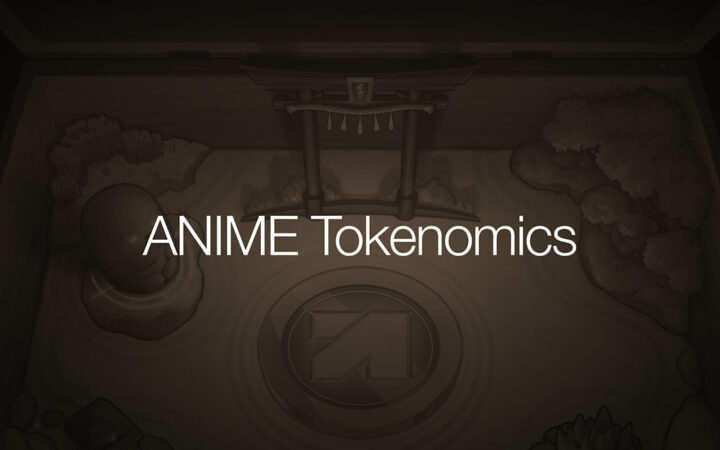
Animecoin is set to launch its ANIME token with a focus on community distribution.
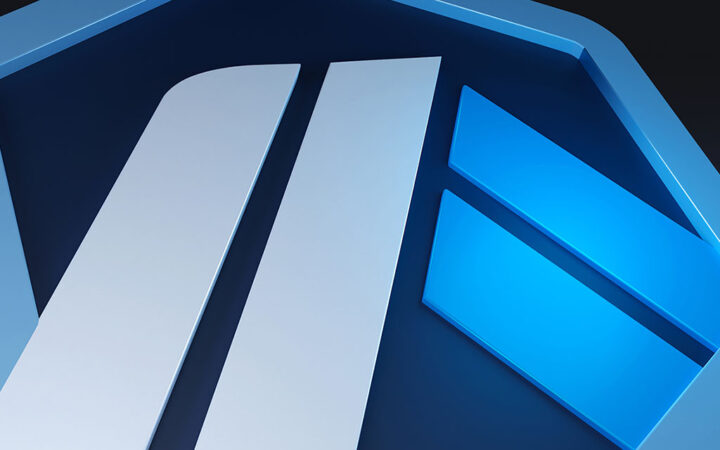
“BoLD will eventually replace the current, permissioned fraud proof mechanism that powers Arbitrum chains today,” said Arbitrum.
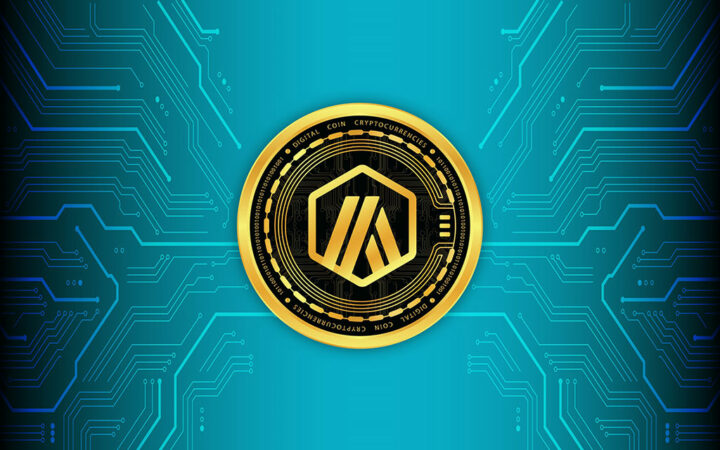
Offchain Labs has welcomed Ira Auerbach as the new head of its VC arm, Tandem.
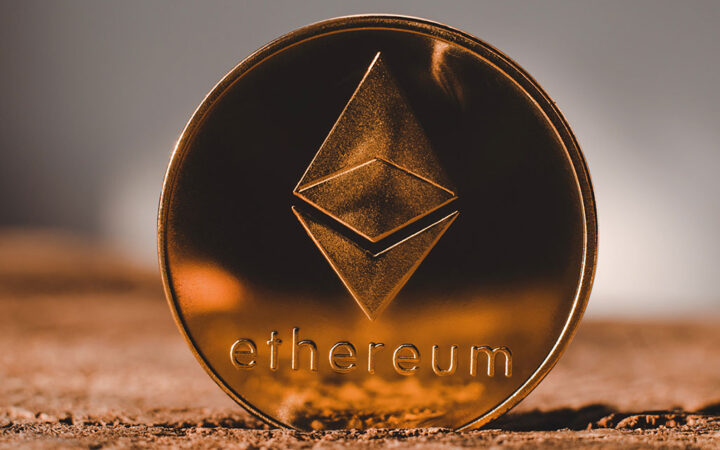
Tether (USDT) dominates the stablecoin space, growing from a $91.7 billion market cap at the start of 2024 to surpass $140 billion by December 19.
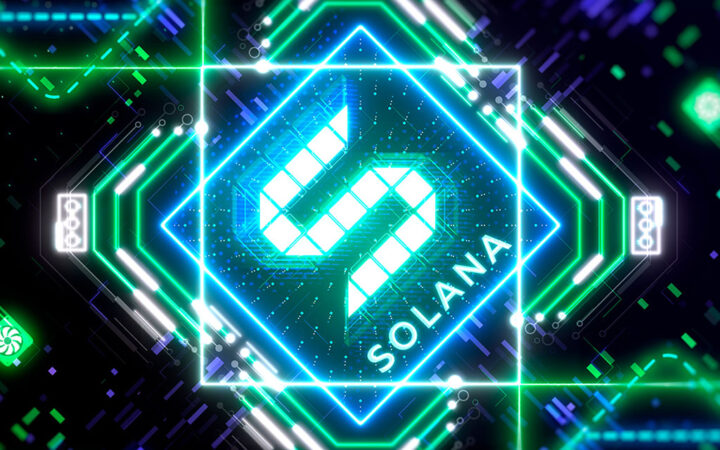
Solana has continued to grow, clinching new milestones per daily net capital inflow as measured by the Artemis protocol.
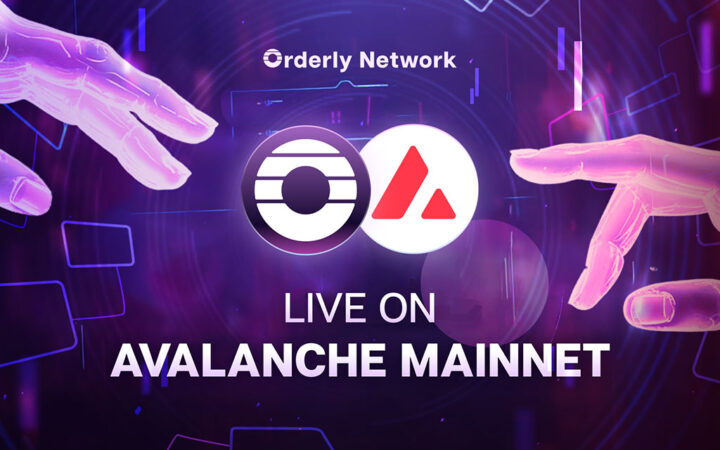
With the integration of Avalanche, Orderly now supports seven blockchains, enhancing its footprint in the DeFi space.

This month’s token unlocks include both “cliff” releases, where the digital assets are unlocked all at once, and “linear” releases, where tokens are gradually unlocked over time.
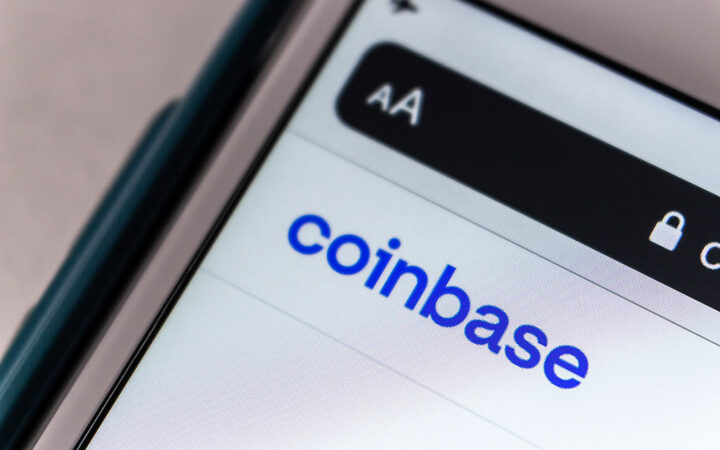
The Ethereum network has registered a huge influx of Layer Two (L2) scaling solutions, led by Base, but some observers are worried about its declining revenue.

The altcoin market is experiencing volatility as over $500 million worth of tokens are set to be unlocked this week, including $80 million in Worldcoin (WLD).

Arbitrum One has recorded a total of 1 billion transaction, a feat it attained after 3 years of launch.

The attack is believed to have occurred due to a private key exploit.

The deployment of GHO has been limited to Ethereum and Arbitrum networks, at least for now.
Arbitrum has gained popularity and adoption because it addresses the scalability issues of Ethereum ETH $1 553 24h volatility: 0.6% Market cap: $187.43 B Vol. 24h: $13.15 B . As a layer-2 solution, Arbitrum enhances Ethereum by enabling quicker and cheaper transactions that do not sacrifice the security or decentralization of blockchain. Arbitrum achieves this impressive feat by moving substantial transaction computation off the main chain to reduce congestion and transaction fees.
Arbitrum uses roll-up technology to bundle transactions together and process them off-chain. It then submits minimal data back to the Ethereum mainnet to lower the amount of data and computational work processed on chain. This process benefits developers because it helps various decentralized applications (dApps) perform better and provides users with a more seamless experience.
While several different layer-2 solutions exist on the Ethereum blockchain, Arbitrum sets itself apart from others because it maintains cost-efficiency, speed, and trustlessness, ensuring that users are not compromising transaction security for reduced charges.
The Arbitrum ecosystem is powered by ARB $0.30 24h volatility: 1.6% Market cap: $1.37 B Vol. 24h: $125.46 M , its native token. The token is responsible for driving network participation and governance and allowing the community to vote on the network’s direction. In addition, ARB is used as an incentive for network participants who maintain the security of Arbitrum.
Arbitrum news stories highlight the platform’s success stories, as well as details of growth and development as more dApps and DeFi projects choose the layer-2 network for their scaling needs. Arbitrum is well-positioned to remain an integral part of Ethereum, contributing significantly to the mass adoption of decentralized tools and reducing barriers to efficient transaction processing.
Arbitrum is designed to improve transaction speed and efficiency on the Ethereum network. It helps to reduce congestion and transaction charges by taking significant computational work off-chain to decongest Ethereum. Arbitrum is used extensively for decentralized finance (DeFi) projects, including decentralized applications (dApps).
Yes. Arbitrum has a native token known as ARB. The token allows community members to vote on governance matters and is also provided as an incentive to participants to maintain platform security.
Arbitrum helps dApps by speeding up transaction processing, thereby making fees cheaper. This enhances the overall performance of these dApps while maintaining Ethereum’s security.
Arbitrum is safe to use because it is designed with security in mind. It leverages the Ethereum network such that all transactions processed through Arbitrum enjoy the same level of security.